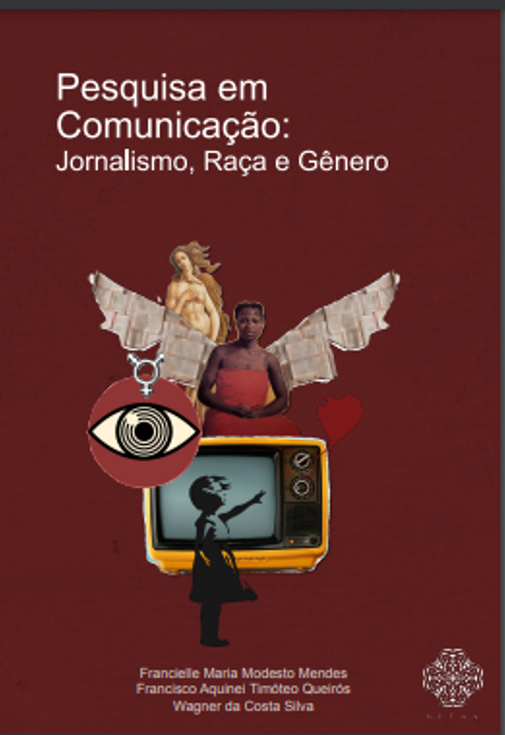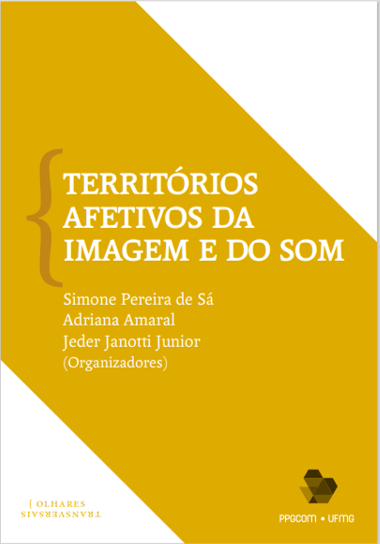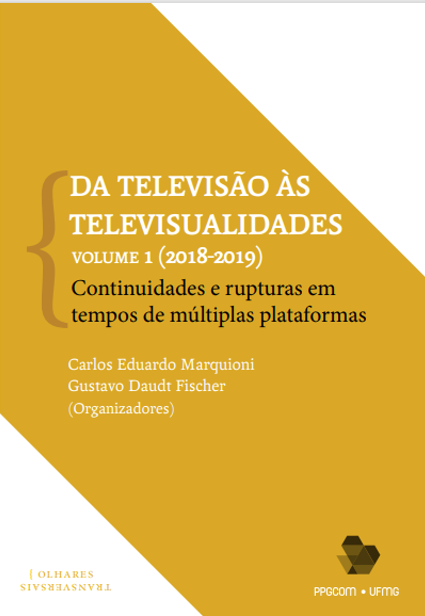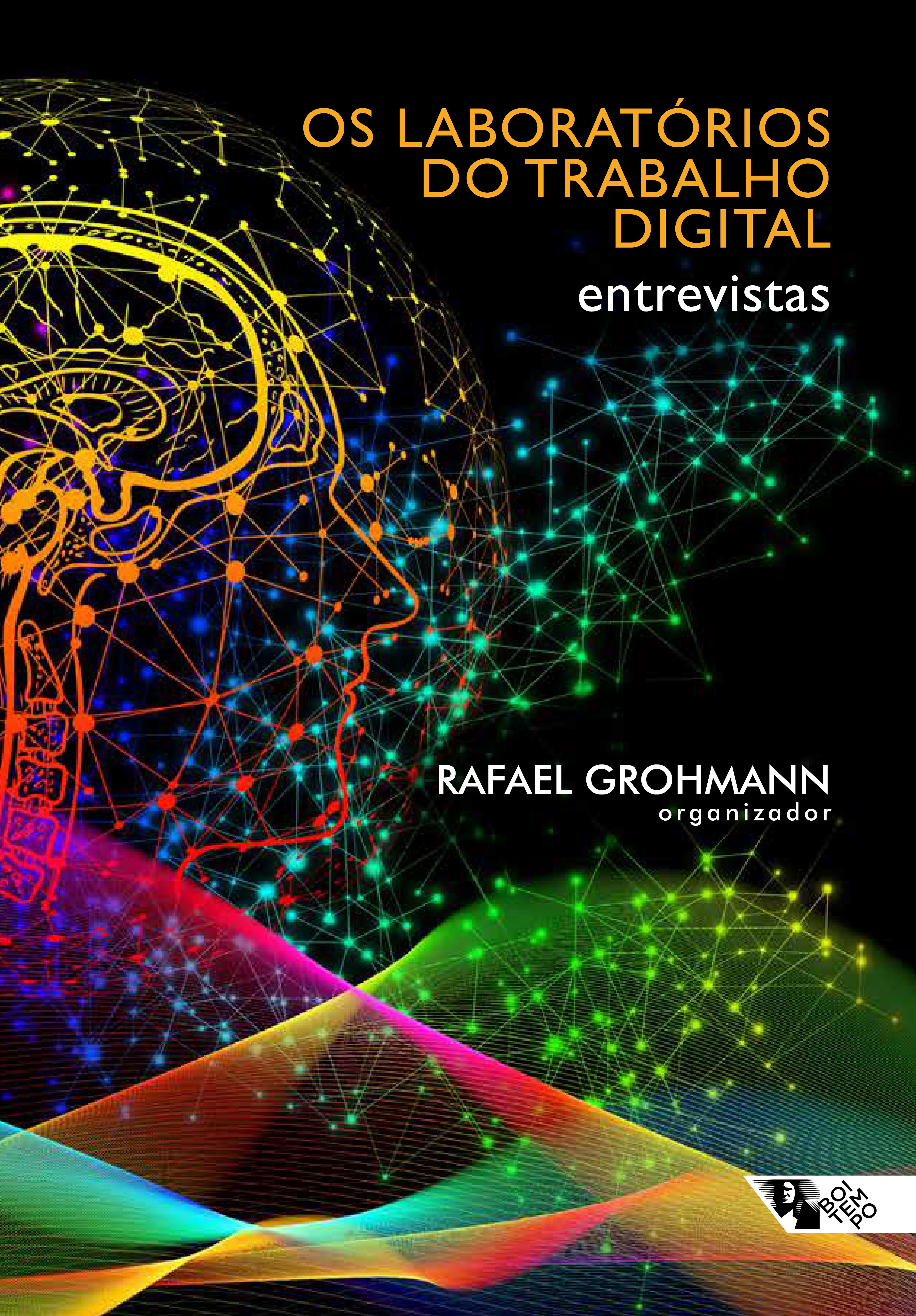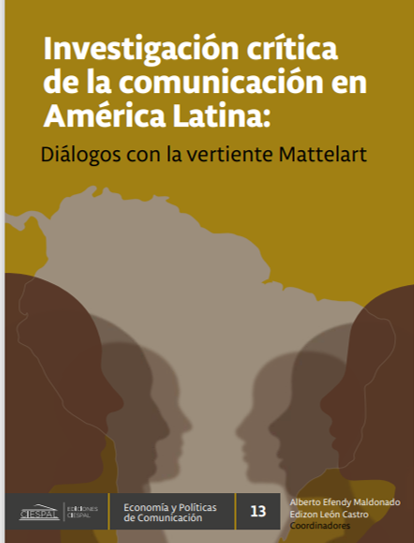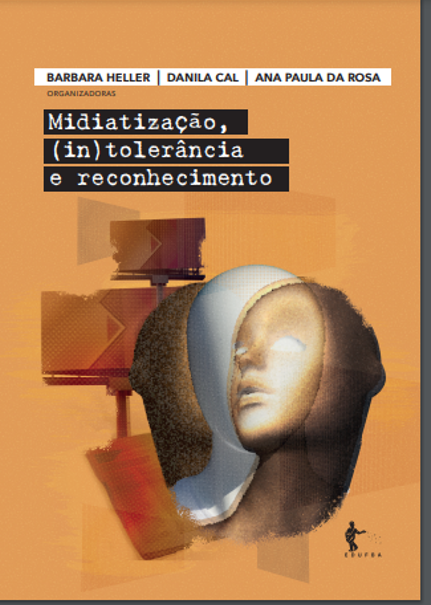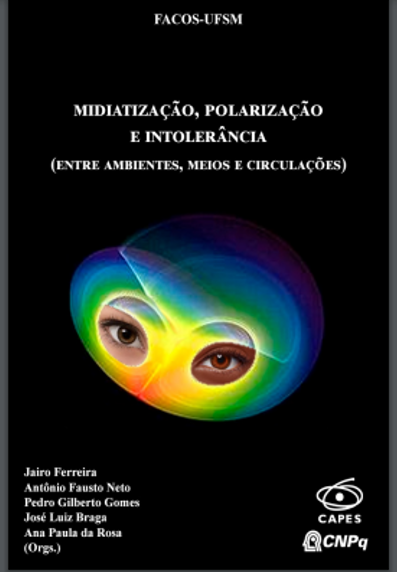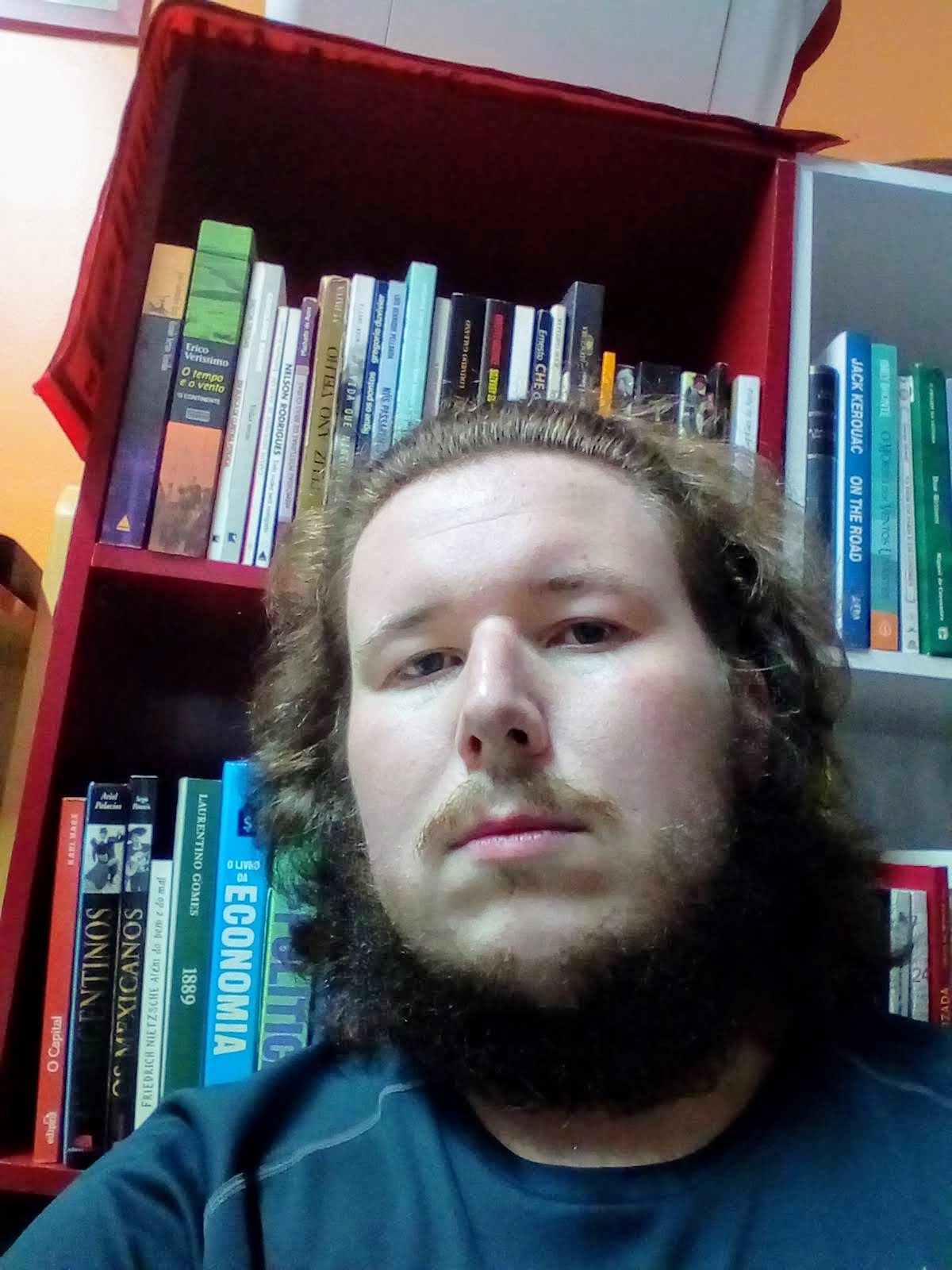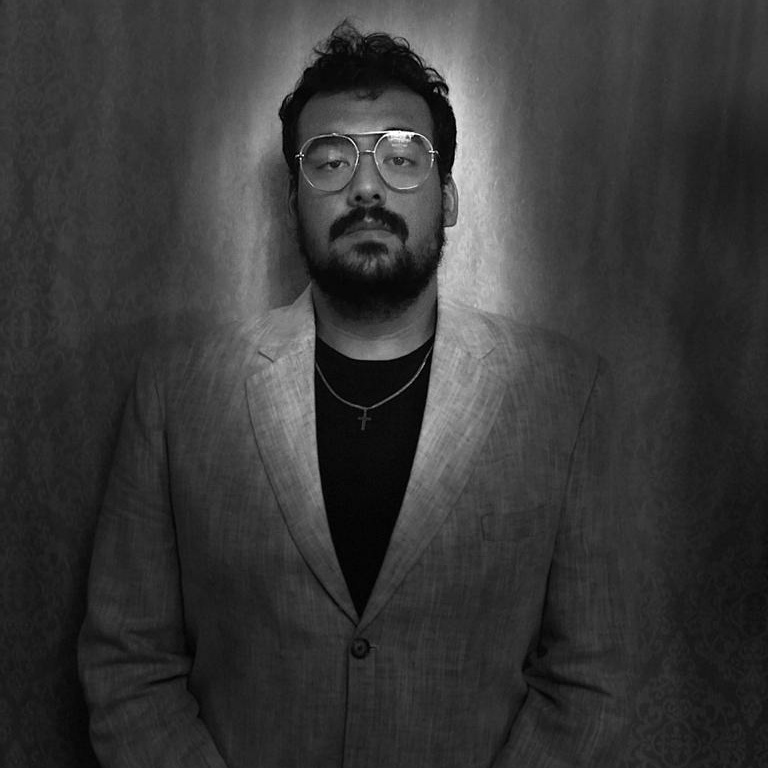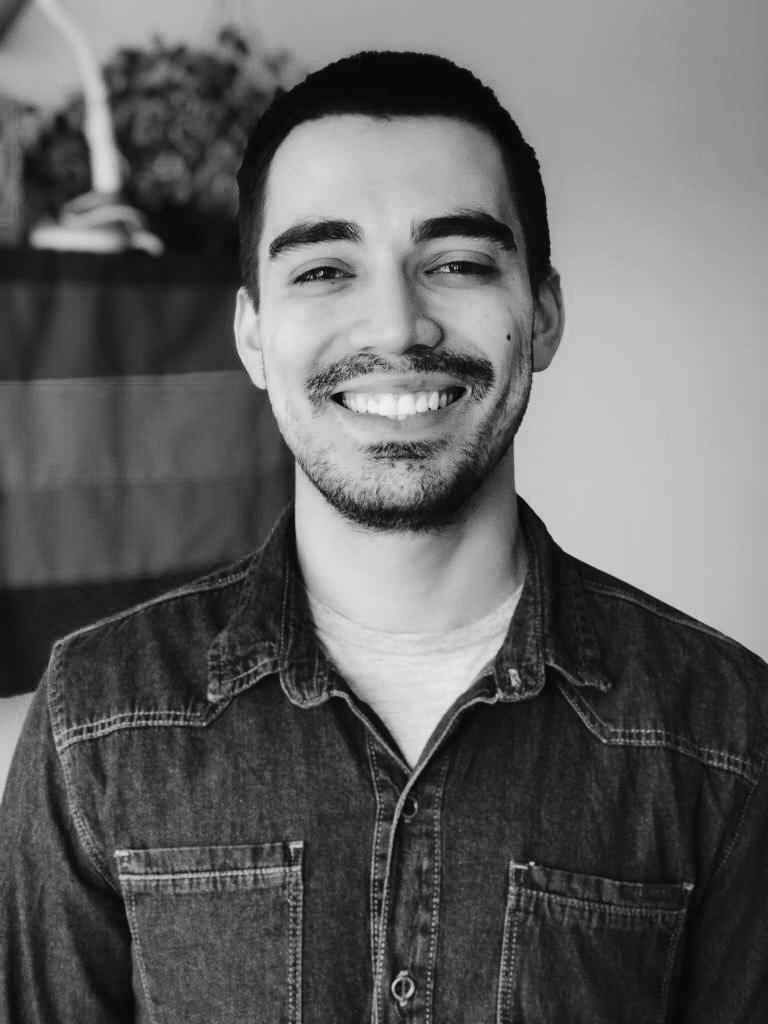History (MA/PhD)
Overview
Unisinos Graduate Program in History is rated by Capes with a score of 5. It has been in operation since 1987, and its focus is Latin American Historical Studies. The Program favors research with a transnational vocation, valuing interdisciplinary and transdisciplinary orientations, as well as the search for excellence at an international level. .
The program maintains the História Unisinos Journal (ISSN: 2236-1782), with an A1 rating in Qualis Periódicos, nd RHLA, Latin American History Magazine (ISSN 2238-0620), B3, a space for action and student training activities. It also maintains the Latin American Historical Studies Collection [EHILA], which has published more than 45 volumes so far.
This program is also available:
Check it out:
Emphasis: Studies on Latin America History
The PPGH focuses on “Latin American Historical Studies”, privileging interdisciplinary research from local, regional, or transnational perspectives. We host expertise in contemporary and earlier periods of Latin America's history, and it identifies us in the set of the country's postgraduate courses. Our program prioritizes this area of studies to establish exchanges and collaborative actions with institutions nationally and internationally.
Lines of action
Dedicated to the study of different American indigenous cultures and societies in their historical specificity, addressing long-running processes as well as time-specific events. This area of study addresses the internal dynamics of formation and transformation of these societies, as well as the relationships they establish with each other or with Western societies. Research focuses on the actors and social change processes generated in the interaction of cultural codes of indigenous and Western societies, in terms of conflicts as well as mediations and negotiations, and their impact on the intellectual production and contemporary political debate.
From different perspectives and approaches, analyzes the action of civil and ecclesiastical institutions in indigenous societies, the evangelization process and religious movements arising from interethnic and intercultural contact. This area of study also addresses the tangible and intangible culture of these societies, as well as the formation of memories about them and their listing as cultural heritage.
The history of Latin America is characterized by the inflow of migrant populations from other continents. From the 16th century until the 20th century, these populations have undergone a continuing process of appropriation and incorporation of territories, which was a mobile and at times fluid line towards the hinterland, putting the native populations into contact with the groups that landed here. The agents of this movement, involving at time conflicting interrelations, are under the auspices of institutions such as the State and the Church, and have acted in the configuration of societies over the centuries, both in rural and urban spaces.
In this sense, this area of study focuses on the occupation of territories in America, the migrations and relationships between population groups, as well as the internal dynamics of specific groups. It addresses issues such as the colonization of America; intercultural contacts; family, gender and generations; community organizations, sociability and religiosity; slavery and African-descent populations; immigrants and descendants; ethnic identity and interethnic relationships; population mobility and economic organization.
This area of study conducts research into issues located in the fields of politics and culture, addressing them both independently and in the dynamic interrelation of these dimensions. Preferred topics for analysis are those relating to political and cultural practices, conflicts and representations, production and dissemination of ideas, intellectual projects associated with different traditions of thought, whether individual or collective, secular or religious, institutional or not.
This area of study is also interested in themes that establish connections with memory practices and policies. Considering the historicity of the phenomena and processes in question, this area of study covers, from a privileged point of observation, the Latin American space, its internal interfaces (regional and/or national) and the dialog with other spaces, outside the subcontinent.
Master's Degree Curriculum
The master's degree consists of 24 credits, including thesis. Students are required to complete courses of Seminar on Research (4 credits) and optional courses (20 credits). Development of the thesis will be throughout the course.
Seminar on Thesis
- This seminar is intended to discuss thematic and theoretical-methodological issues relating to the thesis development process, meeting the needs of advisees.
History Theory and Methodology I
- This seminar addresses the role of theory for research and historical knowledge. Analyzes the possibilities within the field of epistemology, trying to keep pace with the changes that the so-called "paradigm crisis in human sciences" has raised specifically in the realm of historical knowledge. Assesses the interdisciplinary dialog that has been guiding the historiographical practice in recent decades, its possibilities and limitations.
History Theory and Methodology II
- This seminar seeks to analyze the proposals for thematic, theoretical and/or methodological renewal within the field of History. The process of conceptual construction, both traditional and current, the new methodologies and approaches arising from the technological revolution, as well as the questions and challenges posed for historians in the light of contemporary scientific parameters are relevant issues to be dealt with in discussions and readings proposed.
Sources and Methods for Historical Research
- This seminar aims to carry out critical study of Latin American issues, addressing methodologies and techniques involved in the construction process of historical knowledge and analyzing different documents or historical sources.
Special Topics on History I
- This course is an academic offer of flexible structure and variable content, allowing students to approach and delve into emerging and/or very specific issues of historical research. - The Special Topics focus on epistemological, theoretical and methodological issues in order to identify, learn and provide students with innovative, unconventional or not yet consolidated proposals, possibly transdisciplinary, which represent actual possibilities for advancement and qualification in the practice of historical research.
Special Topics on History II
- The Special Topics focus on epistemological, theoretical and methodological issues in order to identify, learn and provide students with innovative, unconventional or not yet consolidated proposals, possibly transdisciplinary, which represent actual possibilities for advancement and qualification in the practice of historical research.
Special Topics on History II
- The Special Topics focus on epistemological, theoretical and methodological issues in order to identify, learn and provide students with innovative, unconventional or not yet consolidated proposals, possibly transdisciplinary, which represent actual possibilities for advancement and qualification in the practice of historical research.
Formation and Transformation of Indigenous Societies
- This course addresses the formation of indigenous societies in Latin America from the economic, cultural, social and political perspective. It also deals with regional particularities, the destabilizing processes created by colonizers, with restructuring by national states and movements of identity affirmation.
Indigenous Societies: History and Historiography
- This course aims to discuss current historiography trends produced in and on Latin America. This production has undergone sensitive changes over recent decades, mainly because of the approximation of the fields of History and Anthropology, which contributed to a reassessment of a number of theories and concepts. Regarding indigenous societies, particularly, this perspective showed new possibilities to address issues relating to interethnic contact.
Culture, Memory and Heritage
- This course addresses tangible and intangible culture, memory creation, heritage and identity, particularly relating to the indigenous history in Latin America. It focuses on the history of these concepts and the processes that interrelate them to objects and places where they can be studied, such as archaeological sites and collections, documents, archives and museums, oral traditions and landscapes. It also deals with organization and socialization of this knowledge.
Indigenous Writing Practices, Representations and Societies
- This course proposes the study of processes involving preparation, dissemination and reception of different types of narratives created in and on the Americas. It focuses on productions such as ancient indigenous codices, colonial chronicles, accounts of missionaries, administrators and travelers, as well as engravings, literary or filmic texts. Not intending to propose a linear or chronological approach, this course studies the textual and iconographic production of American societies and the production about these societies by historians, anthropologists and ethnologists.
Churches, Missions and Religious Movements
- This course addresses the role and activity of civil and ecclesiastical institutions in the Americas, covering a wide time frame, analyzing the evangelization process or the establishment of devotional organizations, as well as religious movements arising from intercultural contact.
Populations and Ethnicity: Concepts and Theories
- Addresses theoretical approaches and the comparative history of populations, migrations, slavery, ethnic identity and the relationship between groups, aiming to provide students with fundamental conceptual tools for this area of study and basic knowledge of the history of populations and ethnicity in Latin America. Focuses on continuities and changes in the history of populations, causes and consequences of migrations, population policies, the relational construction of ethnic and racial identities, and processes of domination and racial resistance.
Populations, Territories and Ethnic Groups: A Historiographical Debate
- Addresses historiographical issues relating to subjects such as family history, religiosity, immigration and colonization, slavery and sociability.
Colonization and Territorial Occupation
- This course studies the different agents of colonization and occupation of the Latin American territory, population policies and the role and composition of family and social networks. - In order to understand the processes of colonization, reflecting on the relationships established between the population settled in new territories and institutions such as the State and the Church is crucial, taking into consideration the constant inflow and outflow in Ibero-America.
Slavery and Black Populations
- This course analyzes the presence of African and African-descent populations in Latin America, from the early colonial period to the post-emancipation period. From a historiographical perspective, this course addresses issues such as slave family, manumission, brotherhoods, religiosity, black territorialities, ethnic and racial identities, work, health and healing practices, associativism. Focuses on the negotiation and resistance strategies of the captive population and slaveholder domination policies, as well as their experiences as free people.
Migration and Population of Immigrants and Descendants
- This course addresses both poles of the phenomenon of international migrations - emigration and immigration - as well as the migration policies of Latin American countries in the 19th and 20th centuries. Studies internal migrations, the economic and social organization and the relationship between immigrants and descendants and the State and other ethnic groups. Also investigates immigrants and descendants in rural and urban spaces, the types of sociability developed, family and political trajectories, as well as ethnic identities.
Political Culture in Latin America
- This course is dedicated to the study of political processes and/or phenomena, focusing on the political orientations of actors amid the various institutional and constitutional "designs" that have historically taken place in Latin America. In addition to studies on empirical processes and phenomena, this course proposes a theoretical discussion of how the political analyses of historical knowledge can benefit from the multidisciplinary approach to different formulations and uses of the concept of political culture.
Latin American Intellectuals and Thought
- This course addresses issues concerning intellectuals, regarded as important actors of Latin America's political and cultural history. Encompasses issues such as the formation of sociability and idea dissemination networks, trajectories and generations of intellectuals, confrontation between tradition and modernity, nationalism and regionalism, among others, including the peculiarity of thought about Latin America's identity. In this sense, this course aims to analyze the contribution of intellectuals who, since the formation of independent states, have reflected on the cultural identity of Latin America, on its constituent axes and on the relationship between Latin America and the North American, European and post-colonialism paradigms.
State and Civil Society in Latin America
- This course is dedicated to the study of the formation and dynamics of the National State in Latin American countries, particularly its relations with society, through social movements. - In this sense, it analyzes, on the one hand, the presence and scope of action of the State and, on the other hand, the organization of society, whose different forms of association reinforce and give visibility to problems, demands and alternative political projects. Addresses the different levels of autonomy and/or protection involved in this relationship and the consequences for the construction process of Latin American society.
Representations, Art and Media in Latin America
- This course focuses on theoretical-methodological discussions involving the concept of "representation" and the interfaces with art and media. Alongside the theoretical debate, it proposes historiographical analyses involving the production of Arts, Communication and Human Sciences in general, focusing on transdisciplinary studies on Latin America.
Memory and Writing Practices in Latin America
- This course encompasses theoretical, methodological and historiographical discussions of the production of memory and history writing about the Latin American continent. Addresses both oral manifestations and writing processes by professionals of historical knowledge and different literary manifestations (chronicles, short stories, novels, travelogues, autobiographies, etc.) related to this historical-social space. Through the analysis of different memory media, it allows us to understand the ways in which Latin America has been thought from multiple perspectives, both internal and external to the region.
PROFESSORS
The student of the History Graduate Program has at your disposal a faculty composed mostly of masters, doctors and post-doctor, with national and international training and recognized professional experience.
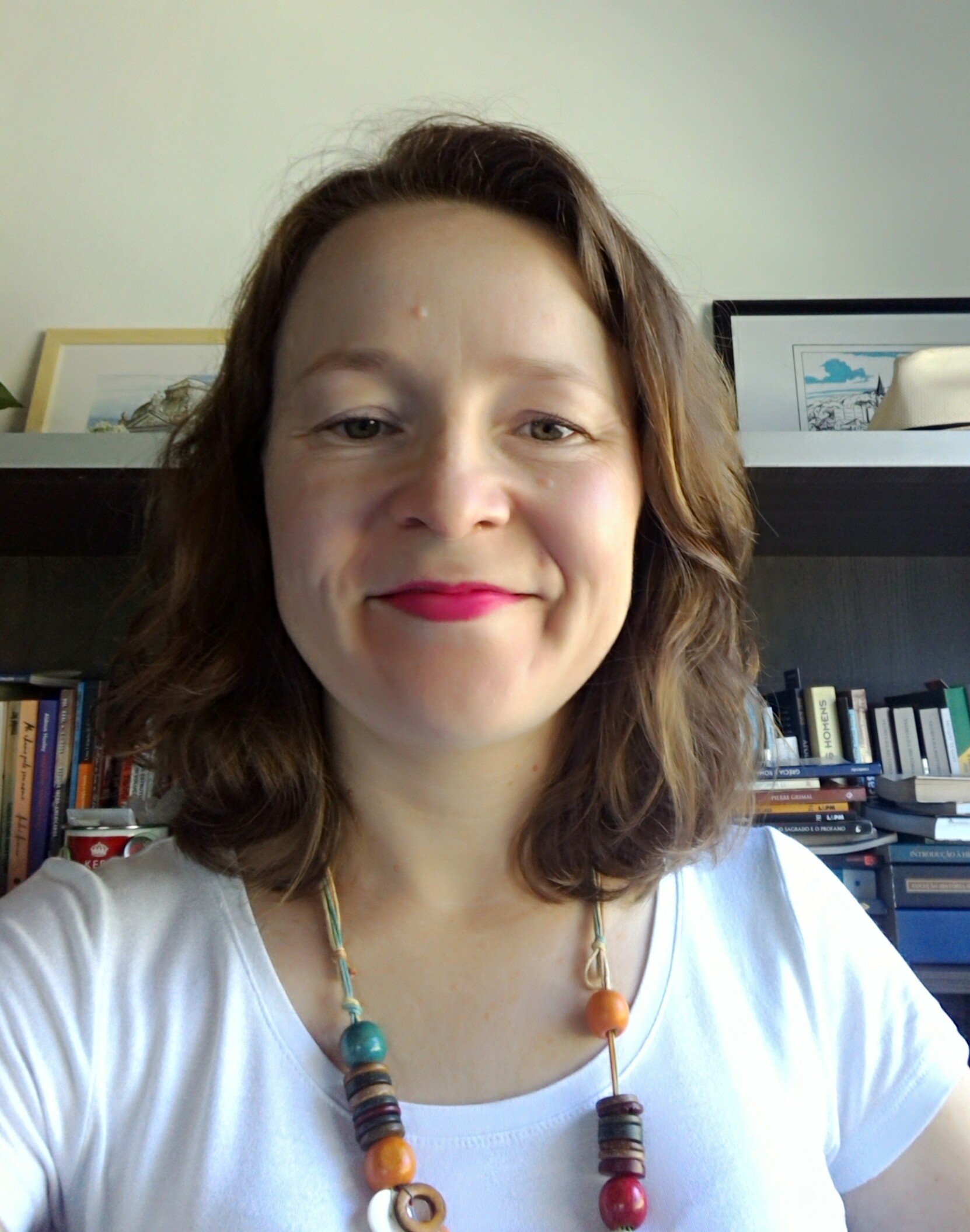
Ana Paula Korndörfer
Doutora em História anapk@unisinos.brPhD in History from PUCRS, she develops and guides research that focuses on the History of America and the History of Republican Brazil, enphasizing themes related to the History of Health and Diseases, the Social History of Technical and Scientific Professions, the History of Childhood, the History of Women and Gender Studies.

Hernan Ramiro Ramirez
Doutor em História hrramirez@unisinos.brBachelor in History and MsA in Political Science by UNC and PhD in History by UFRGS, with post-doctorate in Political Science at IUPERJ. He develops research on contemporary history in Latin America, especially state transformations dictatorships in the Southern Cone some of its dominant groups, in particular entrepreneurs and technocrats Socio-political institutions, as well as economic ideas and policies.
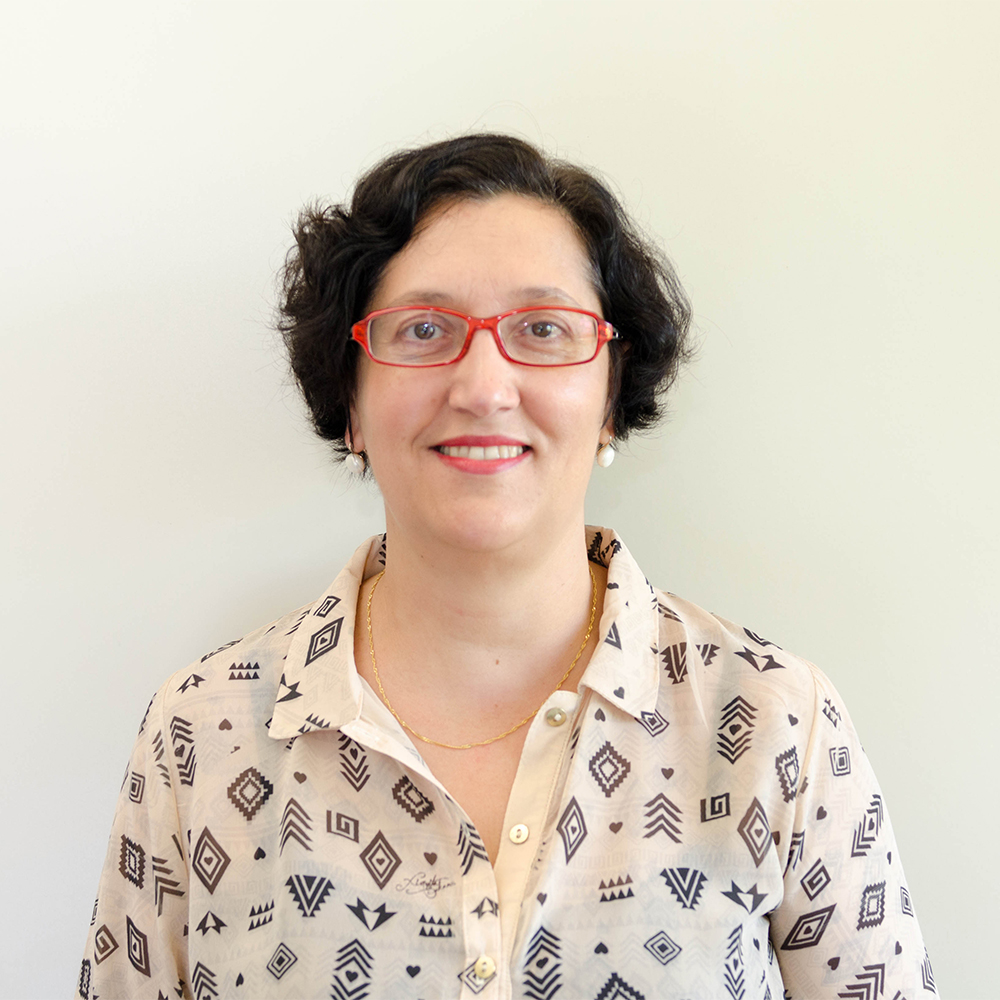
Isabel Aparecida Bilhao
Doutora em História ibilhao@unisinos.brPhD in History from UFRGS, investigates History of Education in relation to the Social History of Work in Brazil throughout the Republican Period. Guides research that links History of Education to ethno-racial relations, social movements and the worlds of work.

Jairo Henrique Rogge
Doutor em História rogge@unisinos.brPhD in History from UNISINOS, developing research in the areas of Prehistoric and Historical Archeology, Indigenous History, Memory and Cultural Heritage.

Maria Cristina Bohn Martins
Doutora em História mcris@unisinos.brLicenciada y Magister en Historia de Ibero-America [Unisinos] Doctora en Historia de las Sociedades de Iberoamericanas [Pucrs]. Investigadora del Consejo Nacional de Pesquisa. Professora Titular y pesquisadora del Programa de Pos Grado en Historia, desarrolla investigaciones sobre la história social y cultural, historia de las fronteras, de las misiones religiosas, de las populaciones indígenas y de las relaciones interétnicas




